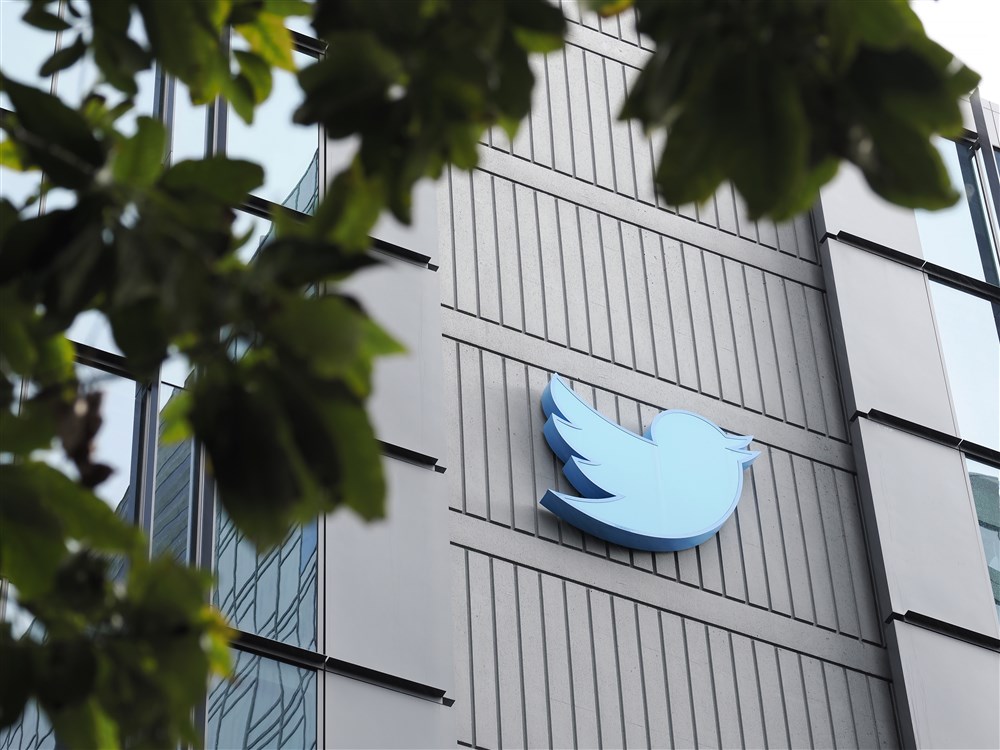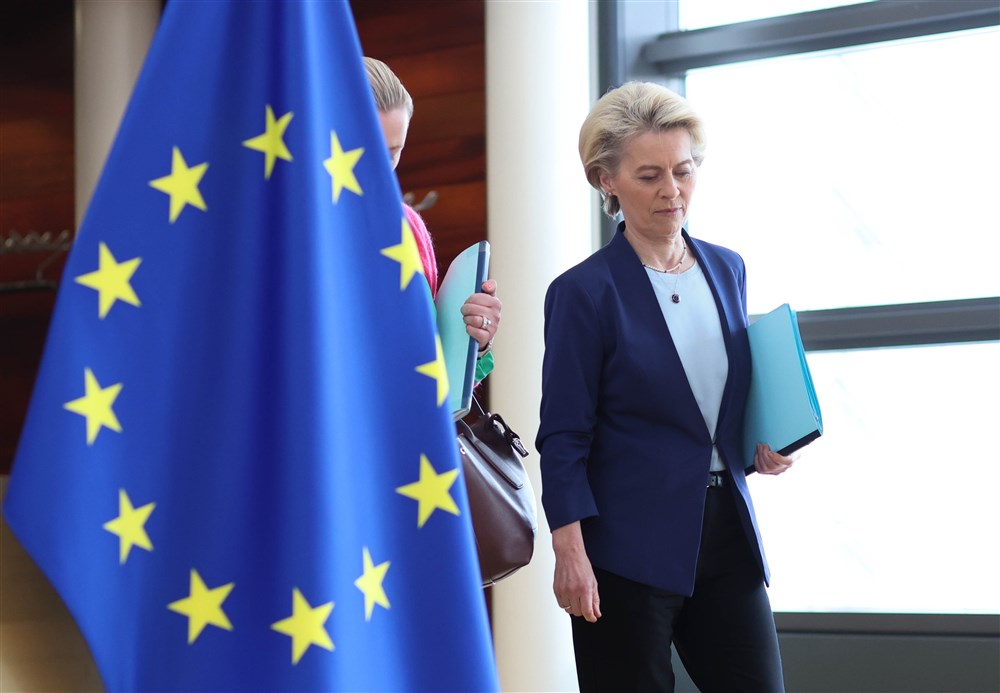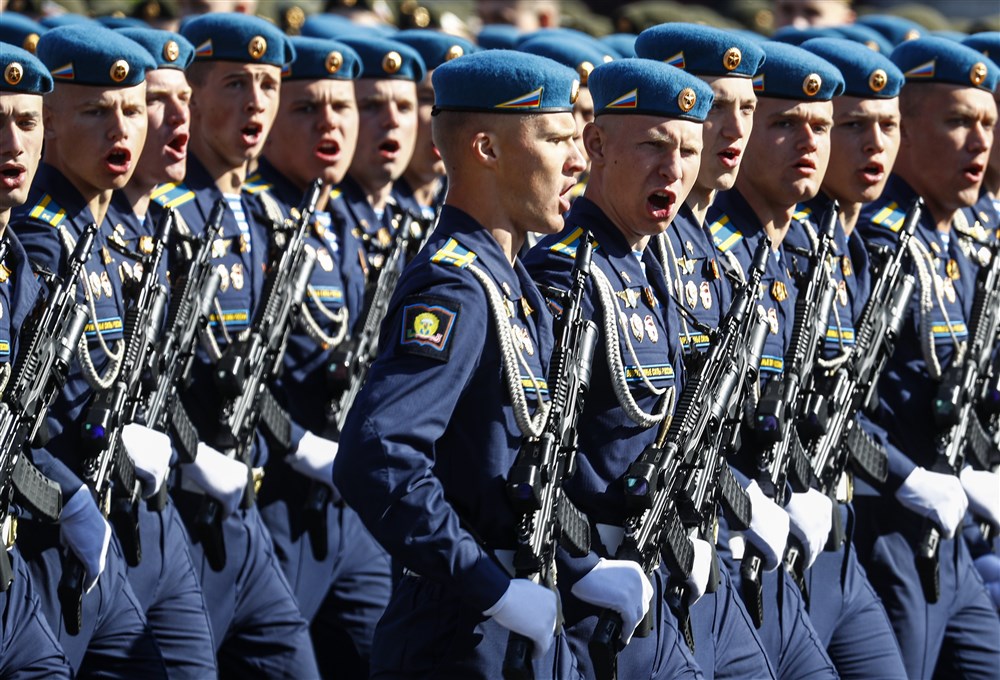Elon Musk, the billionaire entrepreneur who declared himself a staunch advocate of free speech, has found himself facing a barrage of criticism for censoring his platform.
Twitter admitted to blocking content in Turkey ahead of the presidential election. This act of censorship stands in contradiction to the promises made by Musk.
On May 13, Twitter announced it had taken action to restrict access to certain content in Turkey. It appears that the Turkish government had issued credible threats to shut down the entire platform, leaving Twitter with a difficult choice. Faced with compliance or potential shutdown, the social media giant reluctantly chose the former, to the chagrin of its users. The content remained available in the rest of the world.
The response from Twitter users was harsh, as the platform’s claim of being a champion of free speech was called into question. Among the many popular reactions were tweets expressing disappointment and disbelief, with users demanding answers from Musk. One tweet, directed at the Tesla CEO, sarcastically remarked, “What happened to free speech? So you are helping Erdogan censor his opposition ahead of a close election. Nice work, @elonmusk.”
Politicians and journalists, particularly those who have previously incurred Musk’s criticism, wasted no time in lambasting him for his decision to comply. Adam Schiff, a Democratic politician, expressed his concerns over the lack of transparency and ultimately concluded, “It is hard to avoid the conclusion that Musk’s promises of free speech have again fallen away.” Meanwhile, journalist Matthew Yglesias predicted that the situation “should generate some interesting Twitter Files reporting.”
Twitter CEO Elon Musk defended the decision on Saturday, tweeting, “The choice is have Twitter throttled in its entirety or limit access to some tweets. Which one do you want?”
In response to legal process and to ensure Twitter remains available to the people of Turkey, we have taken action to restrict access to some content in Turkey today.
— Twitter Global Government Affairs (@GlobalAffairs) May 13, 2023
Although Musk pledged to share the information provided by the Turkish government to Twitter, this promise remains unfulfilled at the time of writing.
Next to the criticism, there was also some support for Twitter by people who defend the decision as the lesser of two evils. They pointed out that Twitter was at least transparent about what happened, in contrast to other social media.
Turkey was ranked 149th among 180 countries in the Reporters Without Borders (RSF) 2022 World Press Freedom Index, with the press organisation warning about rising authoritarianism and declining media pluralism.
Authorities imprisoned journalists and arrested people who oppose the regime. Article 301 of the Turkish Penal Code is used to punish people who “insult the nation, the republic and state institutions”, and has been applied to opposition figures.
When people were starting to complain in the wake of the devastating earthquake that hit Turkey in February, the Turkish government also reacted with censorship. “Disinformation is humanity’s common enemy and a grave threat to democracy, social peace, and national security,” Erdogan’s communications director, Fahrettin Altun said.





